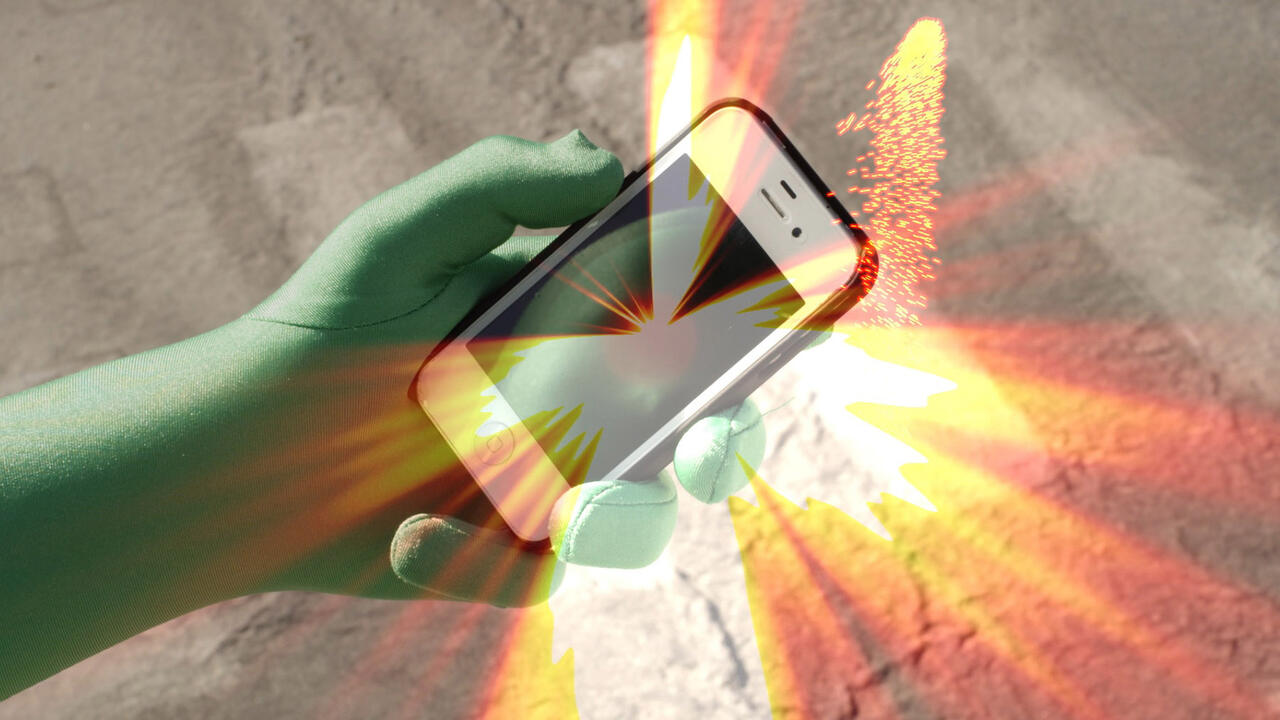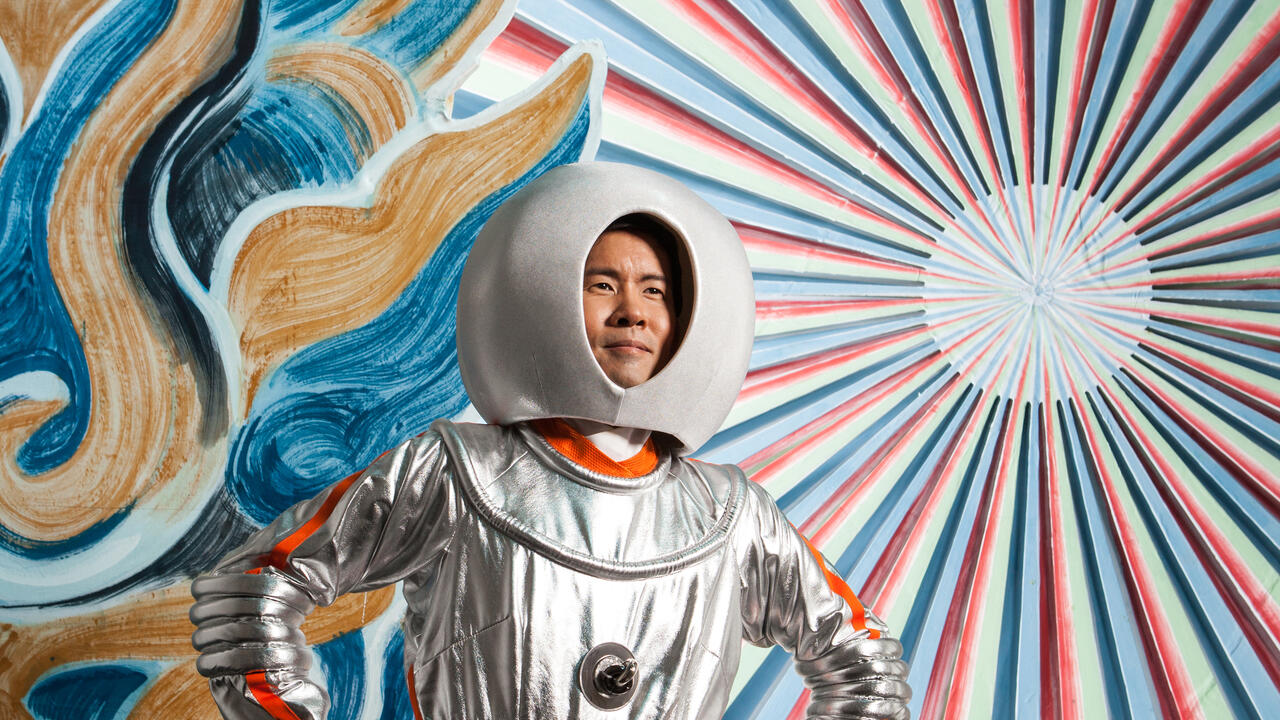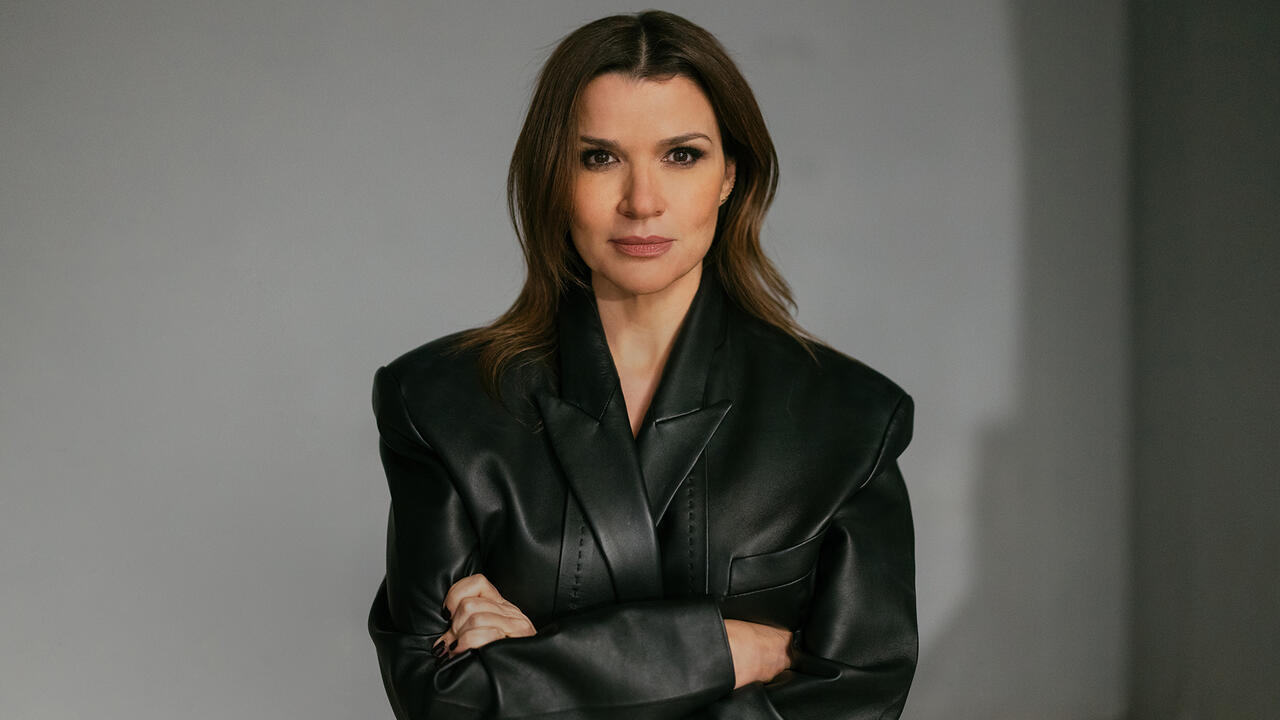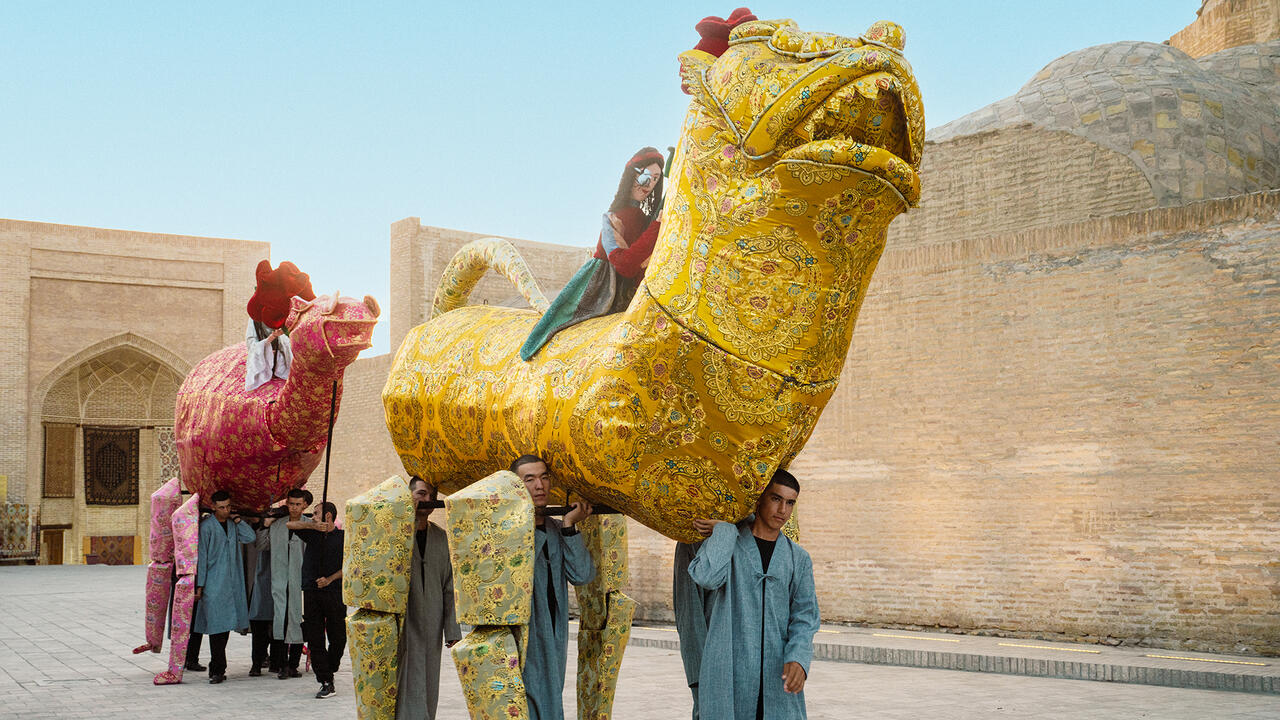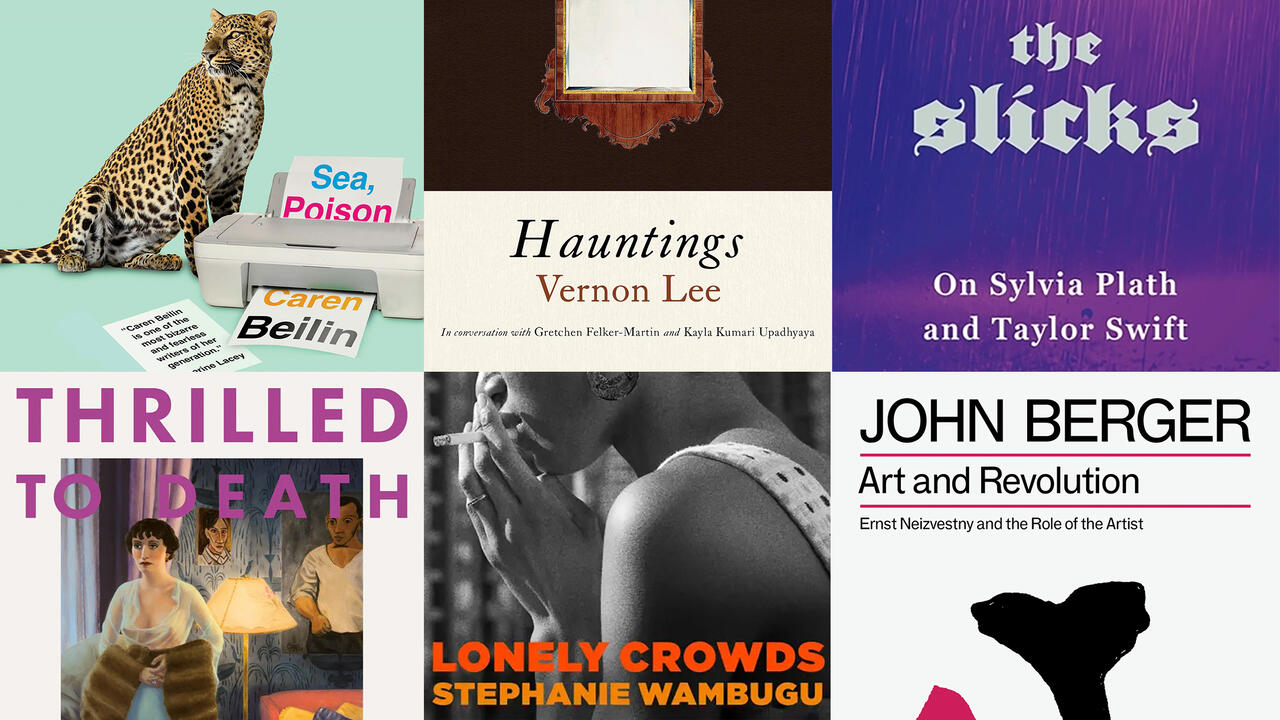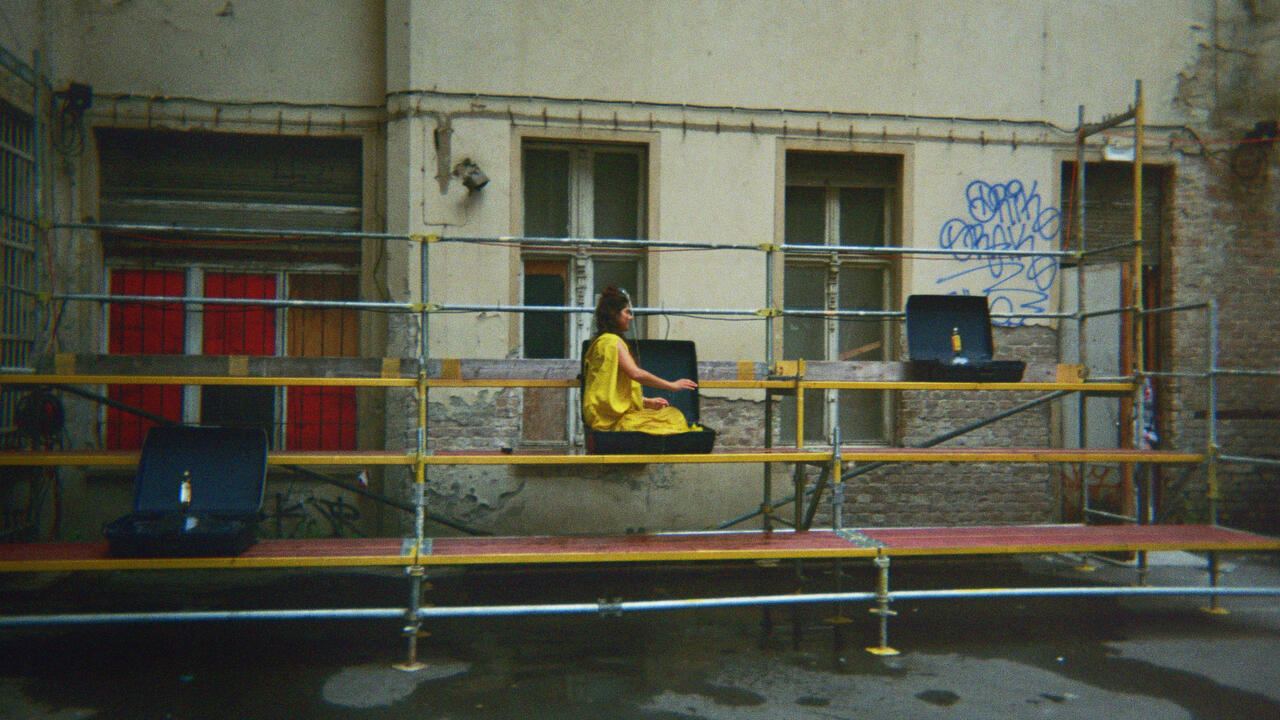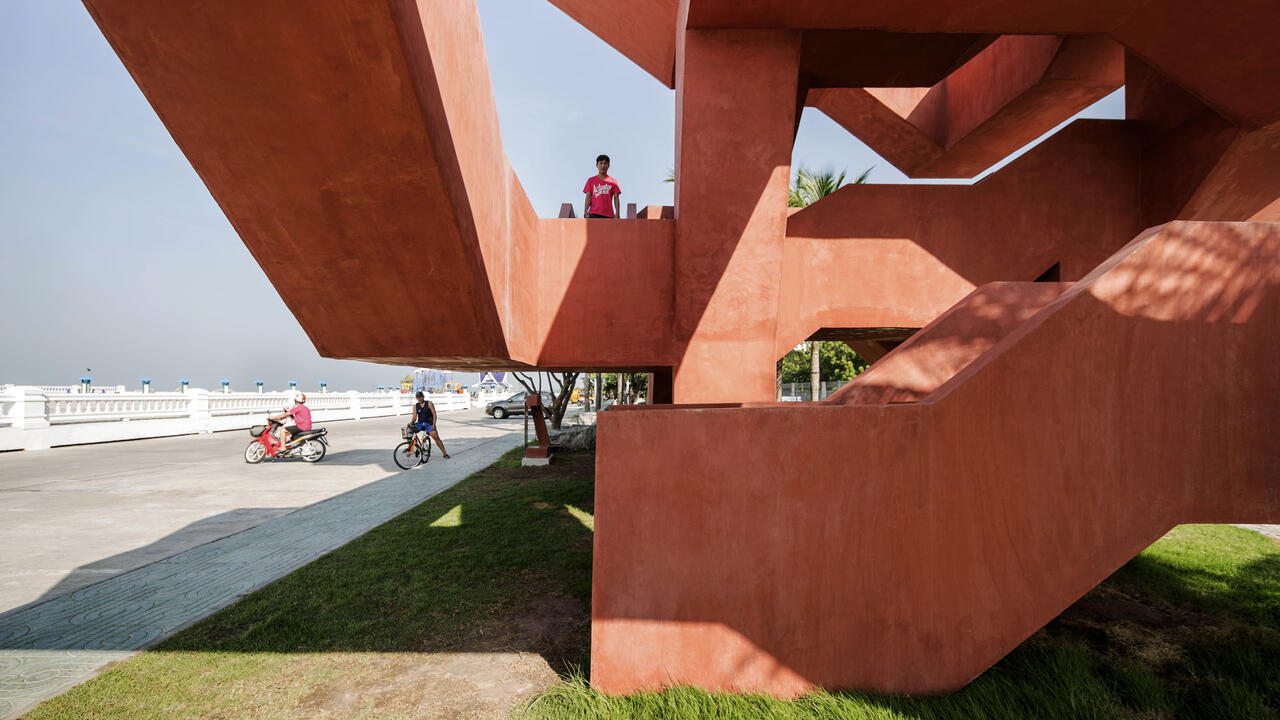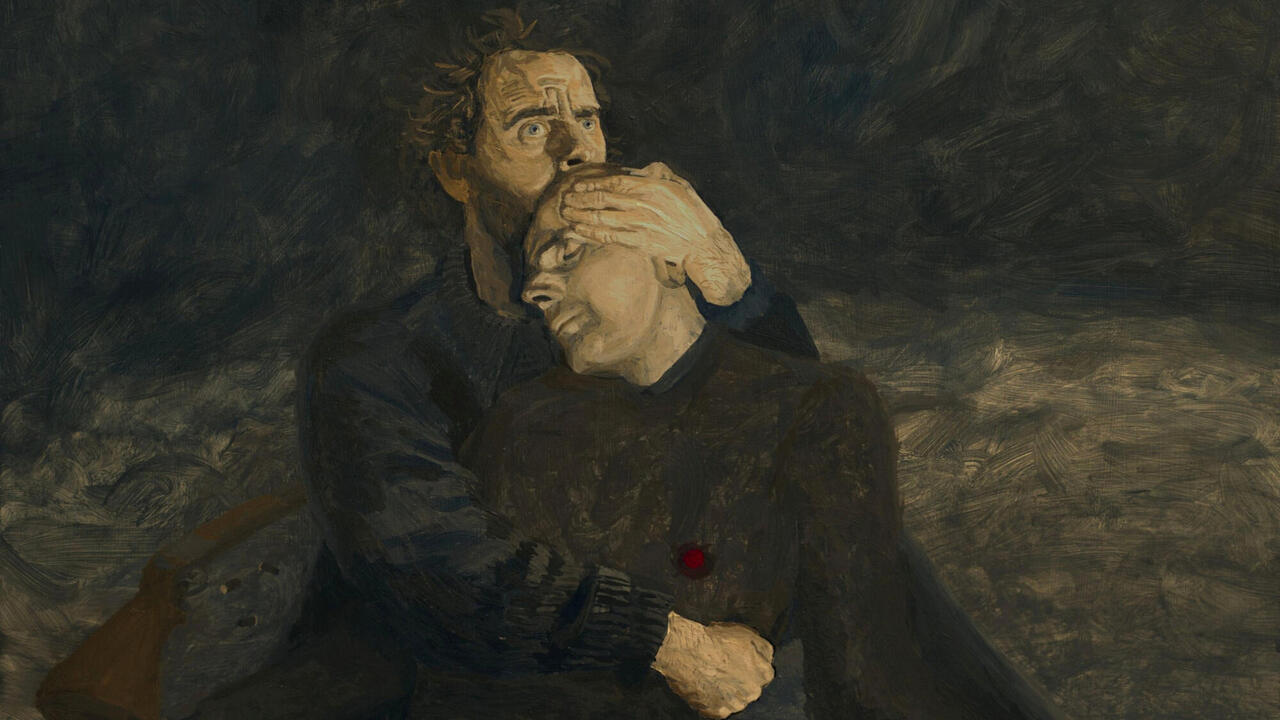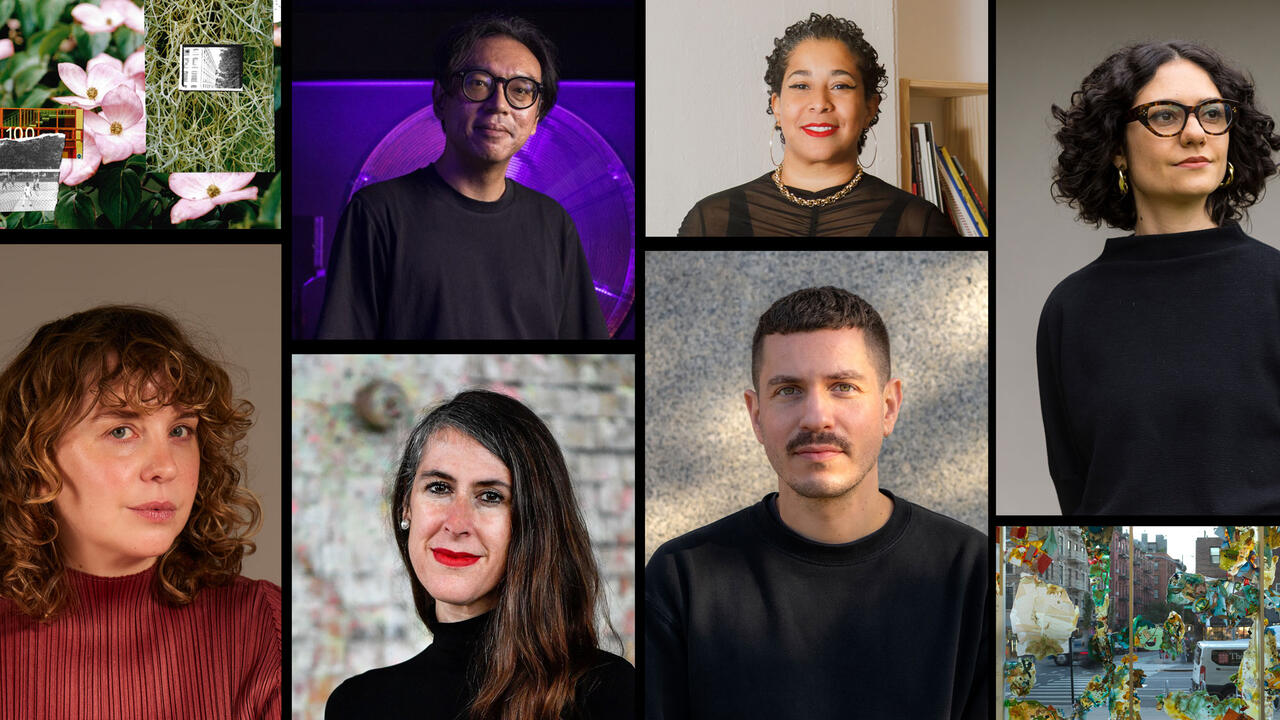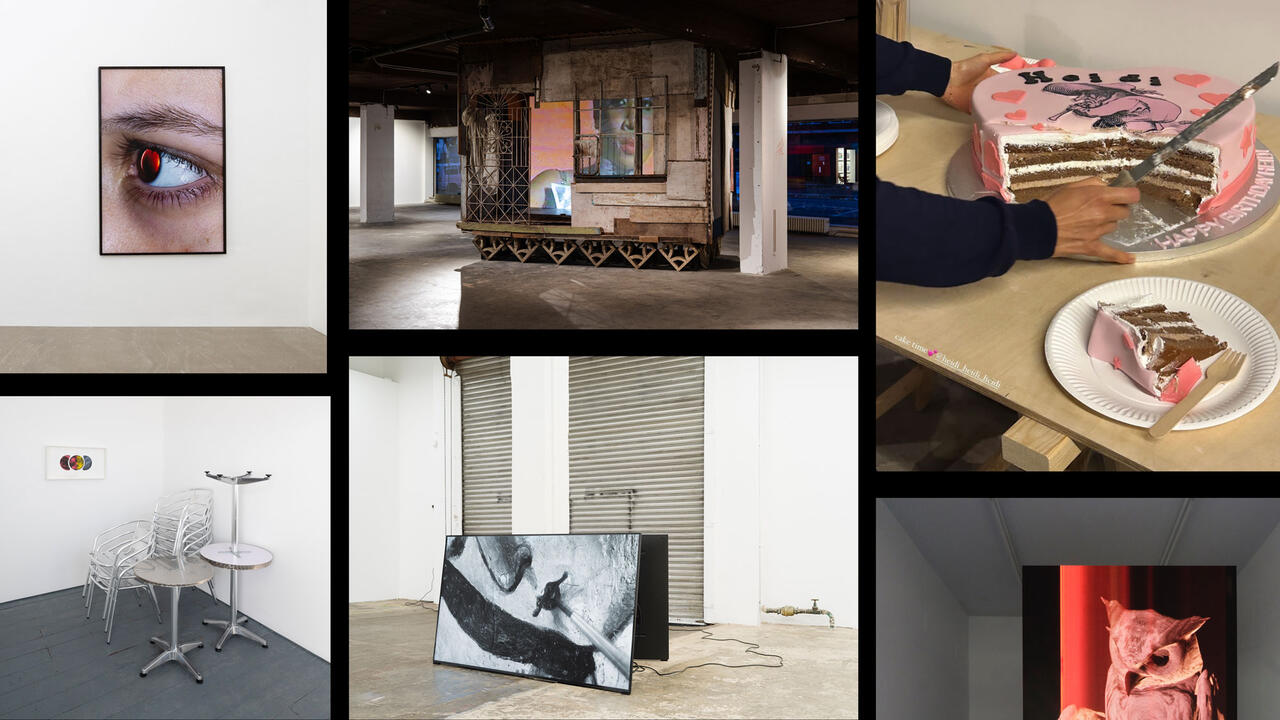IdeasCity Athens
A report from the residency and conference asking how art and artists should engage in places of political or economic instability
A report from the residency and conference asking how art and artists should engage in places of political or economic instability

‘Why did they bring me so far underwater, me who had never been there before and could not possibly have anything to tell them about themselves?’ On the flight to Athens to see the results of a weeklong IdeasCity residency programme and the following conference, I recently finished reading the new book of short texts Dark Pool Party, by the artist and writer Hannah Black. This fictionalized passage, in which Black is invited to the city of Atlantis to produce a new work and wonders what as an artist she can offer to such a historically loaded city, struck me as particularly apt as I joined the public conference of IdeasCity Athens.

Billed as a ‘collaborative, civic and creative platform’, IdeasCity is an initiative by the New Museum in New York which brings together participants to discuss the future of cities. More than an awareness-raising platform, IdeasCity aims for quantifiable change in urban reconstruction through collaboration between artists, designers and policy makers. Following the first iteration of IdeasCity in Detroit in April, for the duration of their stay (19–24 September), more than 40 Athens ‘fellows’ lived and worked together in the basement of the Athens Conservatory – a building which, having been unusable for the past 40 years, was refurbished by the not-for-profit NEON.
Partnering with local institutions was a key way in which IdeasCity avoided what its director Joseph Grima termed ‘parachuting in and out’ of the city – endemic to many well-meaning attempts for art and technology to engage ‘locally’ in places of political or economic instability. Every morning the fellows (of which one third were Greek or lived in Greece) went on site visits, speaking with a mix of people from local architects to activists and street artists. Food was provided to the fellows by the Options Food Lab, a small charity that aims to support migrants in Greece through collaborative cooking events. For the conference, the question became: how to translate these experiences into a format that is understandable to a wider public? How to avoid the trap of ‘experts’ inexpertly telling local people ‘about themselves’? And what duty do artists have, if any, to respond to current crises?

Part of the conference comprised presentations given by eight groups of five fellows. These spanned from humorous proposals concerning graffiti tagging in the city to a serious proposition: to post up advertising on the tarp covering the city’s derelict buildings as a potential source of revenue for the government. In the wake of the financial crisis, thousands of buildings in Athens are empty – a worsening situation as many young Greeks leave the country to escape the high youth unemployment rate. After the talk the question of how to determine ownership of the buildings in order to acquire permission was raised. While no one could expect visitors to the city to be clued-up on Greek property law, this question showed that the identification of a problem is not the same as solving one.
International speakers – including artists such as John Akomfrah, Tania Bruguera and Hito Steyerl – were invited to weigh in on two general concerns: the flow of humanity on the one hand, and of capital on the other. The best presentations were ones in which speakers lent local expertise to larger problems. The Greek anthropologist Nadine Christopoulou, for example, gave first-hand insight into self-organized solidarity groups in Athens and the Melissa Migrant Women’s Network. Mentioning Athen’s Victoria Square, where over a million displaced people have passed since the start of the refugee crisis, she added: ‘Over the last year our city, Athens, has become in a peculiar way a global capital … the previous period in history that Athens commanded such reputation dates very far back … its reputation, the names of the parks and squares of Athens, have reached the remotest corners of distant cities’. What surprised me most is that this assessment was largely a positive one, in which she described the people of Athens receiving refugees mostly ‘with open arms and open hearts’.

By the end of the day it became clear that it was not just the fellows that felt they lacked the right to talk about the situation in Greece with authority. The artist Sophia Al-Maria declared, ‘I can’t really speak with authority about anything, including my own work’. While Hito Steyerl was also keen to point out that she had no jurisdiction to talk about Greece before she gave her talk on art being stored in tax havens (adapted from the e-flux article Duty-Free Art, 2015). Reactions to these contributions were mixed: one art professional told me she thought Al-Maria’s response was ‘thoughtful’, while I wondered at times why the artist had accepted the invitation to speak at all.
The London-based artist and filmmaker John Akomfrah started his keynote speech by introducing the notion that the city is the ‘setting of the dramaturgy of migration’, a realization he said he had four years ago in Athens during research for an unrealized film about the journey by boat from Libya to the border of Europe. In his intelligent, engaging presentation he moved away from the ‘quote unquote refugee crisis’ to look at the wider picture of migration. He showed clips from his film Handsworth Songs (1986) and a number of other films on the migration between 1949 and 1964 of people from the West Indies. By focusing on the initial feeling of separation from these arrivals, as well as the racism directed towards them by the British public, he subtly showed that the current crisis fits into a much broader historical experience. I came away with the feeling that, at least in this case, the best way an artist can tell you something about yourself is to first ask you to take a big step back.
Main image: Pods designed by Greek textile designer Antigone Lentos and Belgian designer Thomas Lommée, situated in the Athens Conservatoire for IdeasCity Athens. Courtesy: ΝΕΟΝ + New Museum, New York; photograph: © Panos Kokkinias









